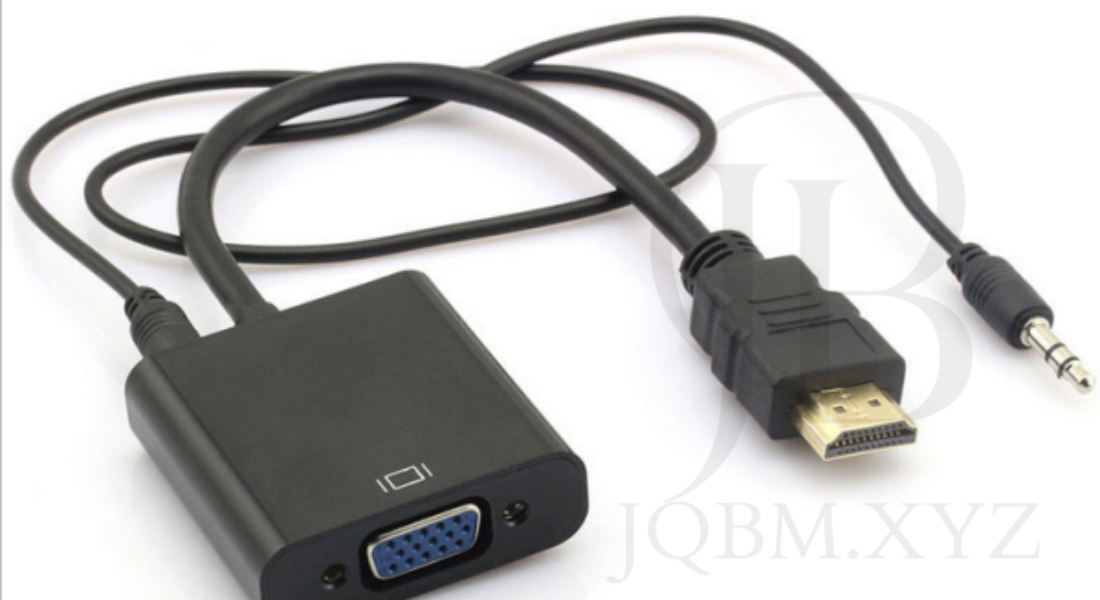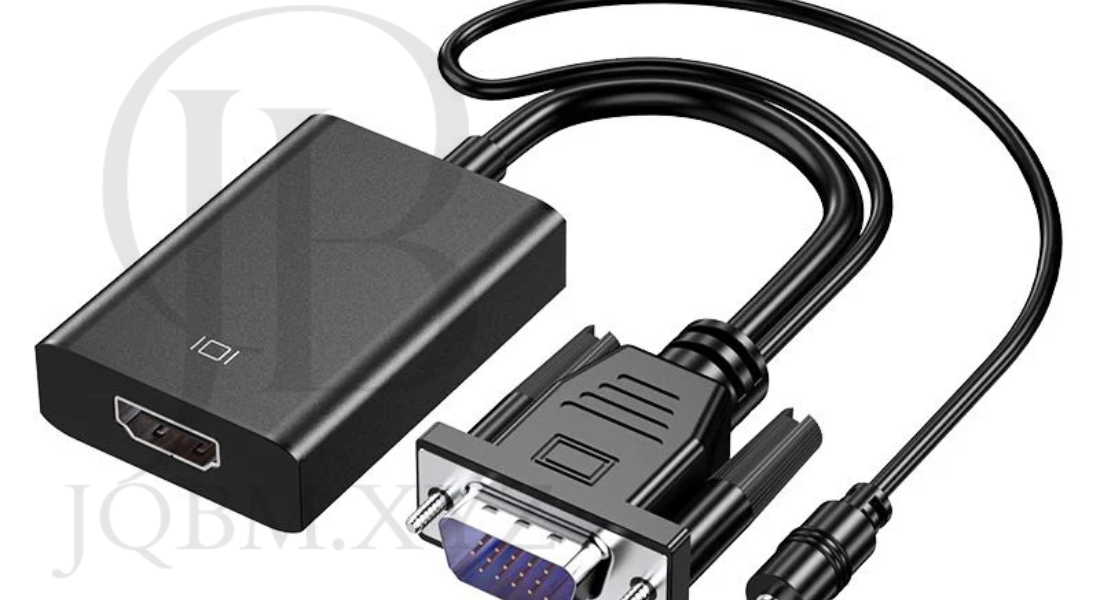In today’s digital world, connecting your devices for superior sound and visuals has become a necessity. Whether you’re setting up a home theater system, a gaming console, or simply looking to enhance the audio quality of your computer, an HDMI adapter for audio output is an essential tool. HDMI (High-Definition Multimedia Interface) has long been the go-to choice for high-definition video and audio transmission, but when it comes to audio-specific output, an HDMI adapter can be a game-changer. This guide will walk you through everything you need to know about HDMI adapters for audio output, from their functionality to choosing the best one for your needs.
What is an HDMI Adapter for Audio Output?
An HDMI adapter for audio output is a device that enables the transfer of audio signals through an HDMI connection. While HDMI cables are primarily designed to transmit both video and audio signals simultaneously, certain setups require additional adapters to ensure seamless audio output to different audio systems. This could involve sending audio signals from a laptop to a soundbar, from a TV to external speakers, or from a gaming console to a home theater system.
HDMI adapters for audio output bridge the gap between various devices, offering flexibility for users to choose how and where they want their audio to be directed, without compromising the quality of the sound.
Why Do You Need an HDMI Adapter for Audio Output?
There are several reasons why investing in an HDMI adapter for audio output is a smart move:
1. Improved Sound Quality
HDMI adapters can help improve the sound quality of your system by ensuring that the audio signal is transmitted without degradation. This is particularly important for high-definition audio formats like Dolby TrueHD, DTS-HD Master Audio, and other high-bitrate audio signals. A dedicated HDMI adapter ensures that your audio output remains crisp, clear, and true to the source material.
2. Versatility in Connectivity
With the wide range of HDMI-enabled devices available today, you may find yourself needing to connect devices that don’t directly support audio output through HDMI. An adapter can fill this gap, allowing you to connect a TV, console, laptop, or desktop to external speakers, amplifiers, or home theater systems easily.
3. Multiple Audio Output Options
Using an HDMI adapter, you can often choose multiple output options, such as sending audio to both your TV’s speakers and a sound system at the same time. This is particularly useful for people who like to have sound playing in multiple areas of a room or different rooms entirely.
4. Simplified Setup
Instead of managing multiple cables for audio and video, an HDMI adapter simplifies your setup by consolidating both signals into a single connection. This makes your system cleaner, easier to manage, and ensures that you only need to deal with one device to manage your audio output.
Types of HDMI Adapters for Audio Output
There are several types of HDMI adapters for audio output, each designed for different purposes and setups. Here’s a look at the most popular options:
1. HDMI to 3.5mm Audio Adapter
This is one of the most common adapters for users who want to connect their HDMI-enabled devices (like laptops or TVs) to audio equipment that only supports a 3.5mm audio jack, such as headphones, speakers, or certain sound systems. The HDMI to 3.5mm adapter extracts the audio signal from the HDMI input and converts it into a 3.5mm analog signal.
2. HDMI to Optical Audio Adapter
If you have an older audio system that supports only optical audio (TOSLINK) input, you can use an HDMI to optical audio adapter. This type of adapter converts the HDMI audio signal into a high-quality optical signal, which can then be sent to your audio system.
3. HDMI to RCA Audio Adapter
For users with older audio equipment that accepts RCA connectors, HDMI to RCA adapters are the perfect solution. This type of adapter converts HDMI audio signals to analog RCA audio signals, which can then be connected to a receiver, amplifier, or speaker system.
4. HDMI Audio Extractor with Multiple Outputs
For users who need more than just one audio output, an HDMI audio extractor offers a great solution. This device splits the HDMI signal into both video and multiple audio formats, such as optical, coaxial, and 3.5mm. It’s ideal for users who want to direct audio to various systems at the same time or those who need multiple audio output formats for different equipment.
How to Choose the Best HDMI Adapter for Audio Output
Choosing the best HDMI adapter for audio output depends on your specific needs and equipment. Here are a few factors to consider:
1. Compatibility with Devices
Make sure that the HDMI adapter you choose is compatible with both your source device (e.g., TV, laptop, gaming console) and the audio system you want to connect to. Check whether the adapter supports the necessary audio formats and connectors for your setup, such as optical, 3.5mm, or RCA.
2. Audio Quality
Look for adapters that support high-definition audio formats like Dolby TrueHD or DTS-HD Master Audio. This will ensure that the audio quality remains high and that the adapter doesn’t compromise your listening experience.
3. Ease of Use
The best HDMI adapters for audio output are ones that are easy to install and use. Plug-and-play devices that don’t require additional drivers or complicated setups will save you time and effort.

4. Budget
HDMI adapters can vary greatly in price depending on the features and quality of the device. While budget options may be fine for simple tasks, investing in a higher-quality adapter will ensure better audio performance, particularly for more complex audio systems.
5. Additional Features
Some HDMI audio adapters come with extra features like volume control, audio synchronization adjustments, or support for 4K video resolution. Consider what features are most important to you and choose an adapter that suits your requirements.
Top HDMI Adapters for Audio Output
Here are a few of the best HDMI adapters for audio output that stand out in the market:
1. Fosmon HDMI Audio Extractor
The Fosmon HDMI audio extractor is a versatile device that allows users to extract high-quality audio from HDMI devices and send it to speakers or headphones via optical, 3.5mm, or RCA outputs. It supports 4K resolution and high-definition audio formats, making it an excellent choice for modern home theater systems.
2. J-Tech Digital HDMI Audio Extractor
This adapter is well-regarded for its high-performance audio extraction. It features a 3.5mm audio output, as well as optical and coaxial outputs. The J-Tech Digital HDMI Audio Extractor supports resolutions up to 4K and is compatible with most HDMI devices, offering both convenience and high-quality audio performance.
3. Orei HDMI Audio Extractor
For users looking for an easy-to-use, plug-and-play solution, the Orei HDMI Audio Extractor is an excellent choice. It supports both 3.5mm and optical outputs and is capable of delivering 1080p and 4K video with crystal-clear audio. Its compact design and affordability make it ideal for home theater setups.
Conclusion
An HDMI adapter for audio output is a powerful tool that can significantly enhance your audio experience, allowing for better sound quality and more versatile connectivity options. Whether you’re connecting your devices to a sound system, speakers, or headphones, the right HDMI adapter can make a world of difference. When choosing the best one for your needs, consider factors like device compatibility, audio quality, ease of use, and additional features. With the right HDMI adapter, you can enjoy the full potential of your home entertainment setup, all while ensuring seamless audio output across your devices.
